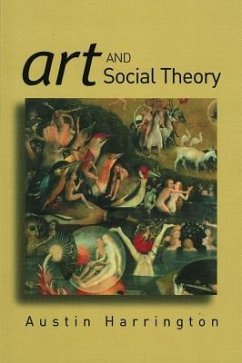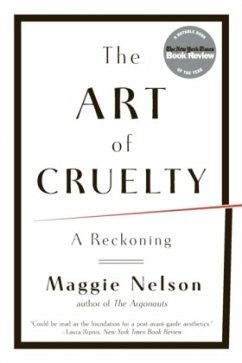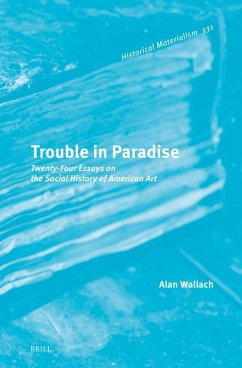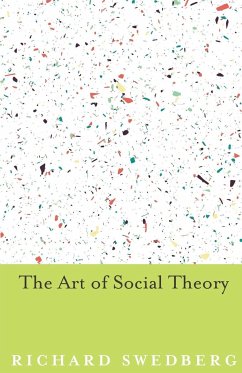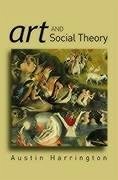
Art and Social Theory
Sociological Arguments in Aesthetics
Versandkostenfrei!
Versandfertig in über 4 Wochen
73,99 €
inkl. MwSt.
Weitere Ausgaben:

PAYBACK Punkte
37 °P sammeln!
Art and Social Theory provides a comprehensive introduction to sociological studies of the arts. It examines the central debates of social theorists and sociologists about the place of the arts in society and the social significance of aesthetics. Separate chapters discuss questions about the meaning of the arts in relation to changing cultural institutions and socioeconomic structures, as well as questions of aesthetic value and cultural politics, taste and social class, money and patronage, ideology and utopia, myth and popular culture, and the contested meanings of modernism and postmoderni...
Art and Social Theory provides a comprehensive introduction to sociological studies of the arts. It examines the central debates of social theorists and sociologists about the place of the arts in society and the social significance of aesthetics. Separate chapters discuss questions about the meaning of the arts in relation to changing cultural institutions and socioeconomic structures, as well as questions of aesthetic value and cultural politics, taste and social class, money and patronage, ideology and utopia, myth and popular culture, and the contested meanings of modernism and postmodernism. The book also presents lucid accounts of leading social theorists of the arts from Weber, Simmel, Benjamin, Kracauer and the Frankfurt School to Foucault, Bourdieu, Habermas, Baudrillard, Lyotard, Luhmann and Jameson. The book will be essential reading for students of sociology, cultural studies, art history and comparative literature.



